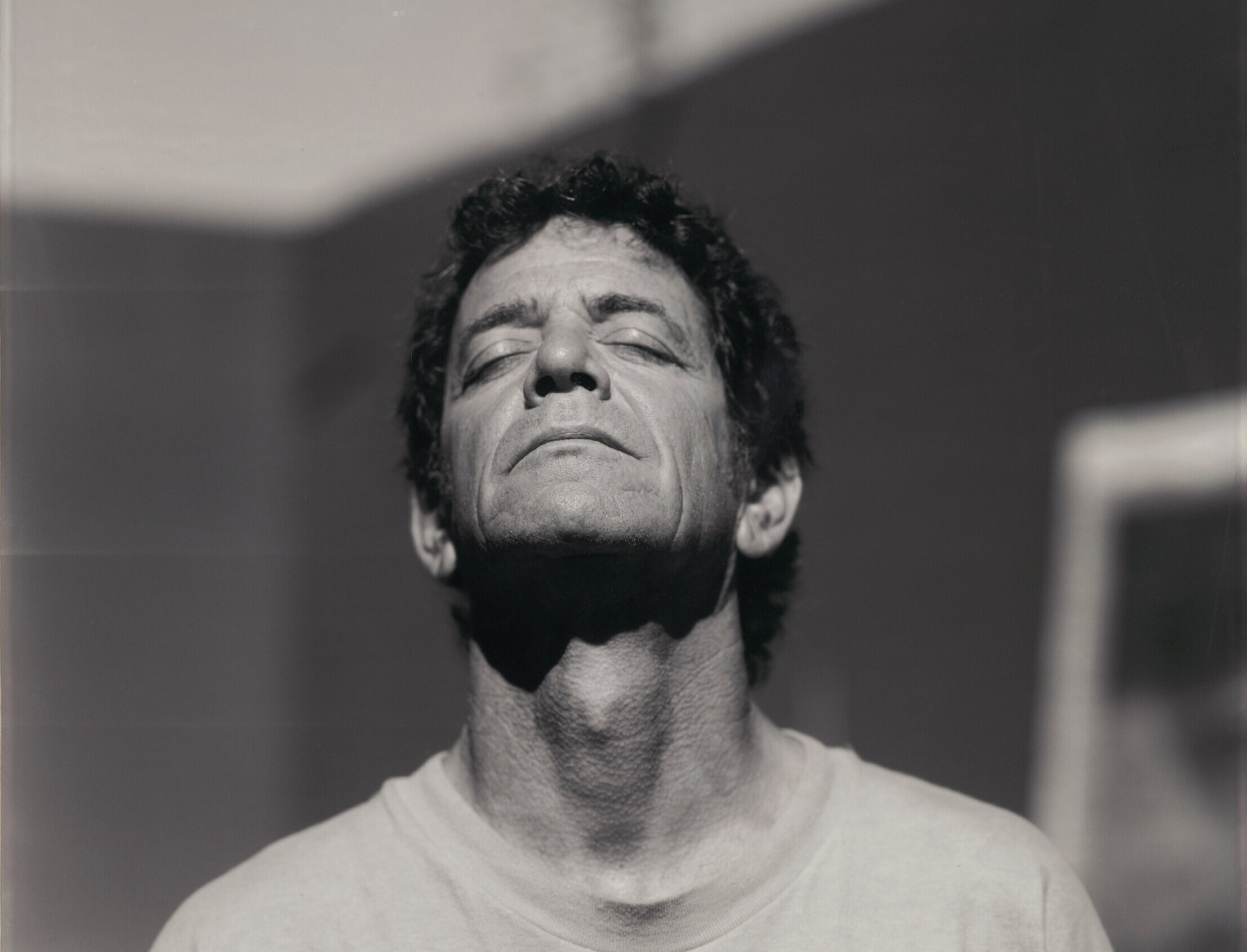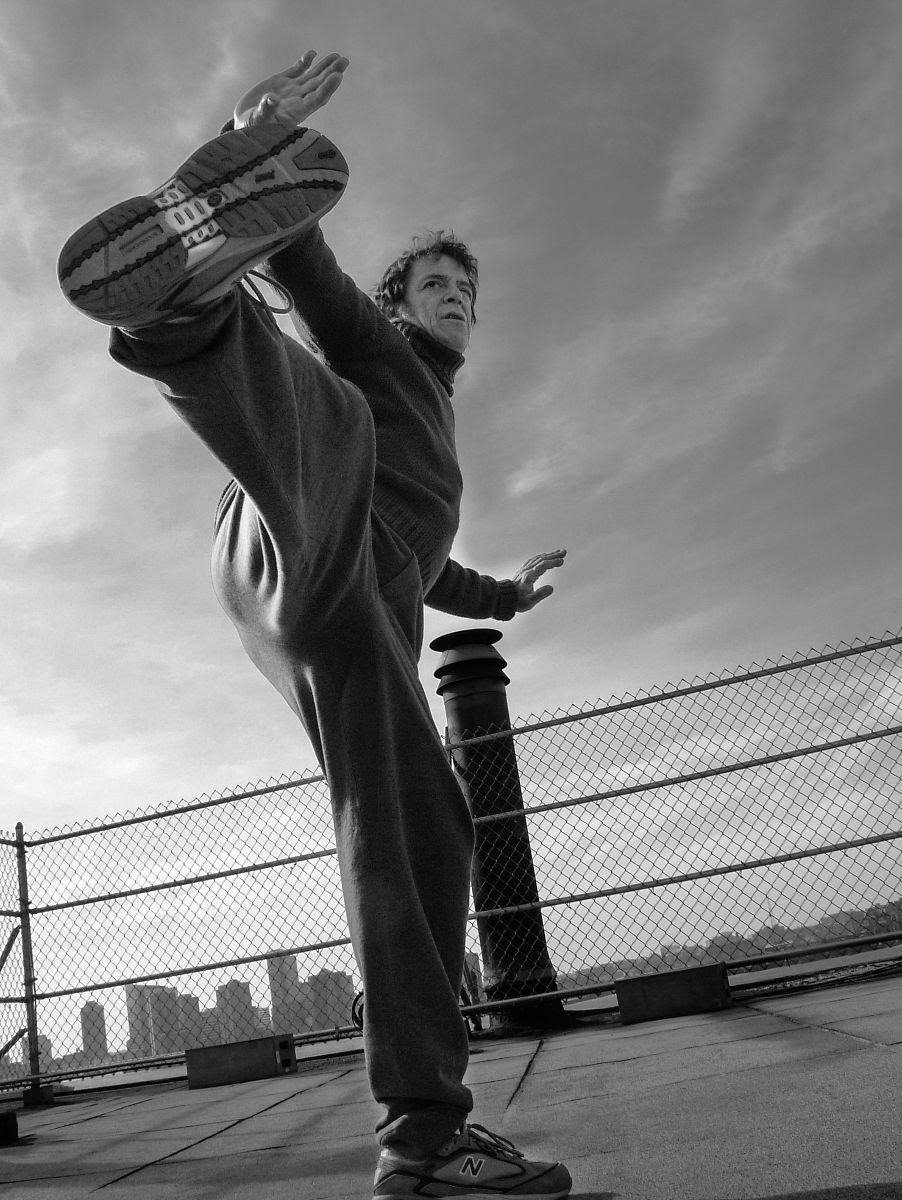
In 1975, Lou Reed released his double-album Metal Machine Music. In total, it was an hour-plus of deliberate compositions comprised of deafening feedback, noise, and electronic howls so intense that even some of his most ardent listeners were surely doubting Reed’s motivations. A few years prior, Reed (1942-2013) had executed the ultimate FM radio hat-trick by scoring a hit with 1972’s “Walk on the Wild Side,” a distillation and streamlining of the pansexual, narcotic swagger that qualified (but hardly defined) his work with the Velvet Underground.
His 20th and final solo album Hudson River Wind Meditations, released in 2007, has found a second life with a deluxe reissue by Light In The Attic Records (LITA). Available in multiple formats, the release was created under the auspices of Reed’s longtime creative partner and widow Laurie Anderson and the Lou Reed Archive.

A conceptual substratum to Hudson River Wind Meditations was Reed discovering Tai Chi, yoga and meditation ostensibly as ways to supplant the void that the protean NYC rocker had fueled with booze and dope for much of his life. These ambient soundscapes, co-produced with Hal Willner, were originally created as backing tracks for guided meditations recorded by Reed’s personal acupuncturist to deepen an overall healing experience. Like the earlier album Metal Machine Music, the collection is an hour-plus, four-piece suite and is also, despite its conceptual intent, not designed for a passive listening experience.
While fellow Velvet Underground founder John Cale is most associated with the 1960s NYC drone-minimalist scene of La Monte Young, Tony Conrad, and Steve Reich, the earliest guiding musical influences of Reed were complex: he routinely cited both doo-wop and the free jazz of Ornette Coleman as crucial guides to his work. The former is heard on the archival LITA release Gee Whiz, 1958-1964 (2022); the latter is evident in Reed’s guitar excursions from the 1960s onward.
The opening piece “Move Your Heart” is a 29-minute glacier of ambient, bass-rich synthesizer overtones. Sustained tones rise and fall; the experience is so placid that at the five-minute mark, the arrival of a major-third tone feels almost jarring. At 30 minutes, “Find Your Note” is its counterpart, with shimmering bell and gong tones (either real or electronic) overlapping like reluctant clouds as analog-synth frequencies thread and unthread through the piece. “Hudson River Wind (Blend the Ambience)” plays like a two-minute amplified whisper of a whooshing background that sounds like the hissing seaside and expressway traffic, high-pitched frequencies accelerating and then vanishing into nothingness. The closing track “Wind Coda” is an encapsulation of the previous three, containing recognizable musical elements of the music that the listener has just experienced, a gentle landing and return from Reed’s meditative abyss.
To view Lou Reed as a kind of anarchic libertine who threw s*** at the wall in hopes of creating a painting is to view his life and work as a comic book. If anyone celebrated the eternal adolescent, it was Reed. But with the gift of hindsight, it is evident that the long-since-absent Reed had some sort of maturity, a novelistic plan, to his overall body of work. There is an order or at least cohesion to his 50+ studio and live albums and their level of quality can be as wild and uncertain as Reed’s capricious moods.
Near the end of his life, Reed was diagnosed with hepatitis and diabetes and ultimately underwent a liver transplant. Whether this was physiological payback for his Falstaffian appetites or merely the decaying body of an aging Long Island senior citizen is irrelevant. Concurrent with his physical ailments was his later-life surrender to Eastern spiritual modalities, and by all accounts Reed pursued these self-integrative passions with the same devotion as he did self-annihilation. Hudson River Wind Meditations is the dream-like sound of an artist knowingly living on borrowed time. And when heard as an epitaph to an impressive life, it makes clear Reed used that time very well.
Hudson River Wind Mediations is available on vinyl via Light In the Attic Records here and digital download via Bandcamp here.

Mr. Al Pete and Notsucal Release Their Latest Collab, ‘G4.5’

Dinner Party, Tom Misch and More from the Neighborhood with Mr. Al Pete

An Ultra-Chill Playlist from the Latest Episode of Electro Lounge

Sing Out Loud Festival Returns With Hozier, Beabadoobee, Father John Misty, Vance Joy and More

Chicago Alt-Country Faves Wilco Return to St. Augustine with Indie-Folk Great Waxahatchee

Looking for an Alternative to Spotify? Consider Hopping on the band(camp) Wagon

Khruangbin to Bring ‘A LA SALA’ Tour to St. Augustine in April

Perfume Genius, Flipturn, Tamino + Mitski and 6 New Songs to Stream

Song of the Day | “all tied up” by Glixen



